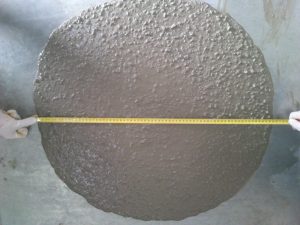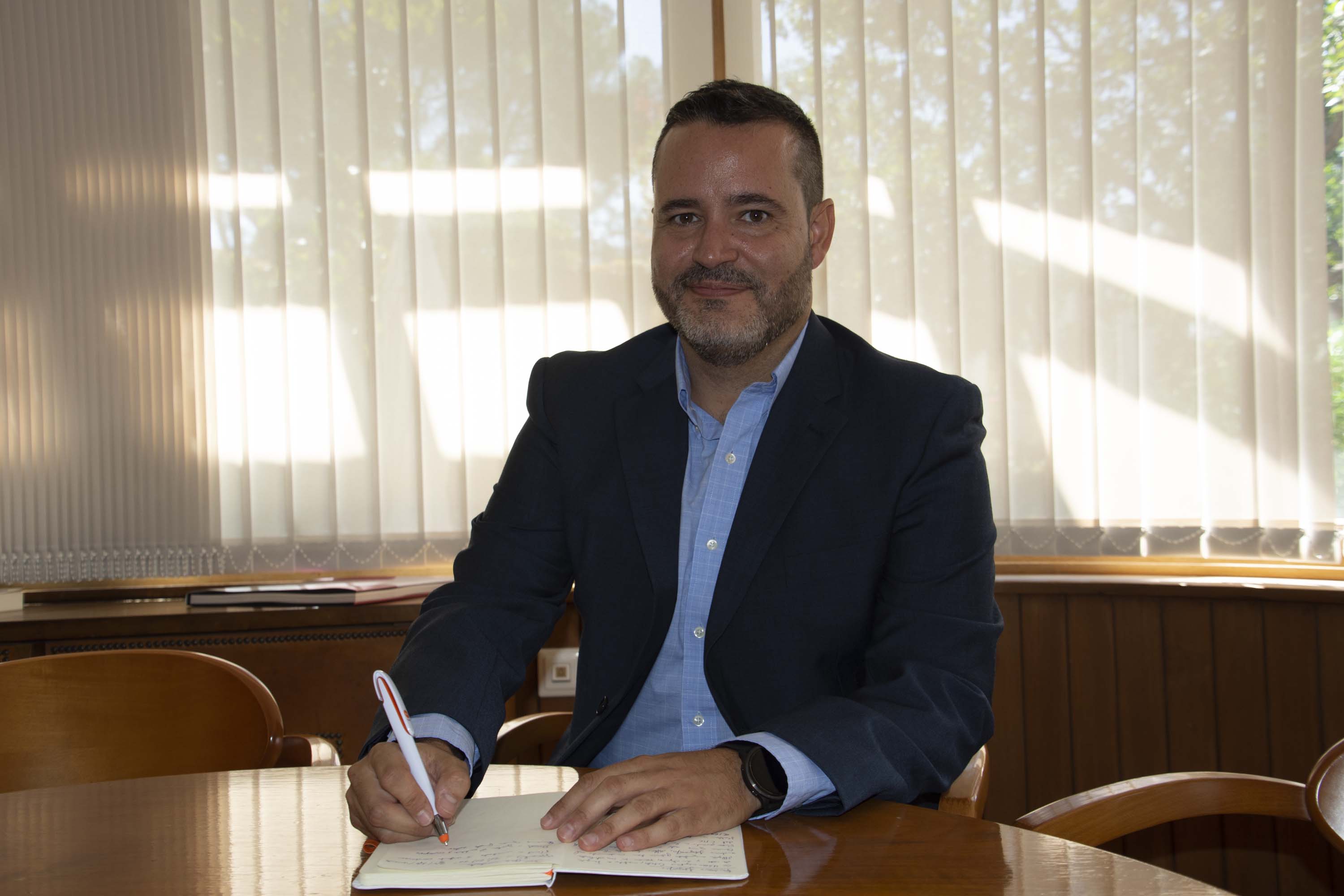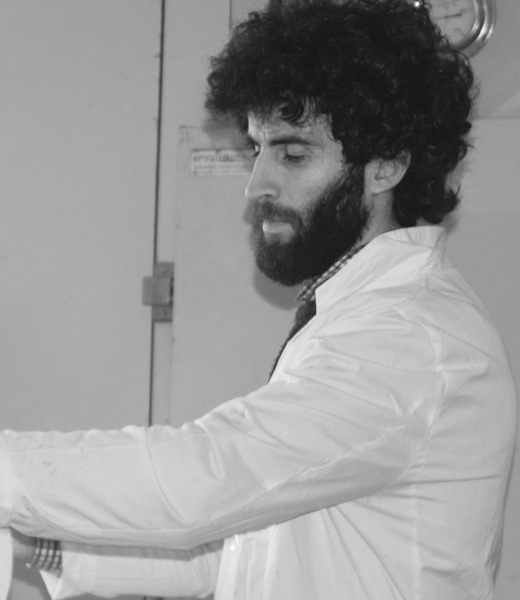Mission

One of the aims of the Unit is to support research Groups and private entities related to cement-based construction materials and their constituent elements in carrying out different types of tests. For this reason, research, evaluation and characterisation of the fresh, hardened and durable state of cement-based materials are routinely carried out in the Unit’s laboratories using standardised and in-house methods. Likewise, scientific-technical assistance is provided focused on the design and optimization of conventional and special concretes, as well as on concrete quality control, and work is carried out on the diagnosis and analysis of pathologies of the concrete present in construction elements.
On the other hand, the Unit has a clear scientific vocation and, therefore, its members lead and collaborate in various contracts with the industry, as well as in research projects financed in competitive competition. The Unit’s main line of research is the “Design, development and characterization of special concretes with a performance and sustainable approach. Evaluation of their behaviour and long-term durability, and of their microstructural properties”, dedicating special attention during the last 5 years to the development of expansive cement-based materials (fundamentally concretes), a line in the frontier of knowledge at an international level and where pioneering construction milestones have been achieved at a European level.
Staff
Activities and fields
The Concrete Technology Unit, belonging to the IETcc, has the capacity to design, manufacture and characterise different types of concrete and its constituent materials.

The responsibilities of this Unit are:
- The formulation and preparation of conventional concretes and special concretes with a performance approach and sustainable character. In this laboratory, the development and evaluation of different types of special concretes is carried out: high performance (durability-resistance), expansive, self-compacting, fiber-reinforced, light, heavy, eco-concretes, self-sealing, etc.
- The research, evaluation and characterization of the fresh, hardened and durable state of cement-based materials through standardized methods, according to UNE, UNE-EN, ISO, ASTM and RILEM standards.
- The performance of non-routine techniques for the characterisation of different properties of cement-based materials, such as the residual strength test to determine the energy absorption capacity of fibre-reinforced concrete.
- The scientific and technical assistance to different working Groups and entities for the design and optimization of conventional and special concretes, the diagnosis and analysis of pathologies of the concrete present in the construction elements and the quality control in situ of the concrete.
- The materialization of the transfer between the laboratory scales and the industrial processes, that is, the transfer to the productive sector.
- The dissemination of the results obtained in specialized scientific and technical forums.
The most prominent equipment in the Unit’s laboratories is:
- Equipment for the manufacture and characterization of the fresh state of the cement base materials: Planetary mixers of different capacities, instruments to evaluate the consistency and slump flow (Abrams cone, Marsh cone…), occluded air and density meters, V funnel, L box, etc.
- Moulds to manufacture specimens of different types and sizes in accordance with the different regulatory methods or needs of the test to be carried out.
- Equipment for the conditioning of samples: capping (made in a fume cupboard), polishing machine, cutting machine, etc.
- Equipment for measuring the hardened properties of cement-based materials such as:
- Machines for carrying out compressive, flexural and tensile tests with load capacities of 3000kN and 1500kN, as well as tools for measuring the different mechanical properties of concrete.

- Water penetration equipment to analyse the permeability and durability of the materials produced.
- Equipment to evaluate the expansive behaviour of cement base materials: devices to analyse expansions in free and restricted regime, digital comparator, etc.
- Multi-channel data acquisition equipment for static and dynamic tests, with the capacity to record accurately and in real time, loads, temperatures, humidity and deformations.
- Equipment for carrying out non-destructive tests such as ultrasound, sclerometer, etc. for field measurements, equipment for measuring tests in real time, equipment and instrumentation for measuring temperature, relative humidity, ultrasound, etc.
- • Instrumental devices for the physical, chemical and mechanical characterization of aggregates: Micro-Deval (abrasion loss machine), Los Angeles (aggregate fragmentation testing), screening machines, pycnometers, etc.
- Elements for the conditioning and curing of samples and specimens: Curing chambers with controlled temperature and relative humidity, chambers with capacity for the simulation of different cycles of relative humidity and temperature, ovens and dryers.
- Machines for carrying out compressive, flexural and tensile tests with load capacities of 3000kN and 1500kN, as well as tools for measuring the different mechanical properties of concrete.
To make a request for advice and/or tests, please contact Pedro Carballosa (carballosa@ietcc.csic.es) or José Luis García (jolgac@ietcc.csic.es).



